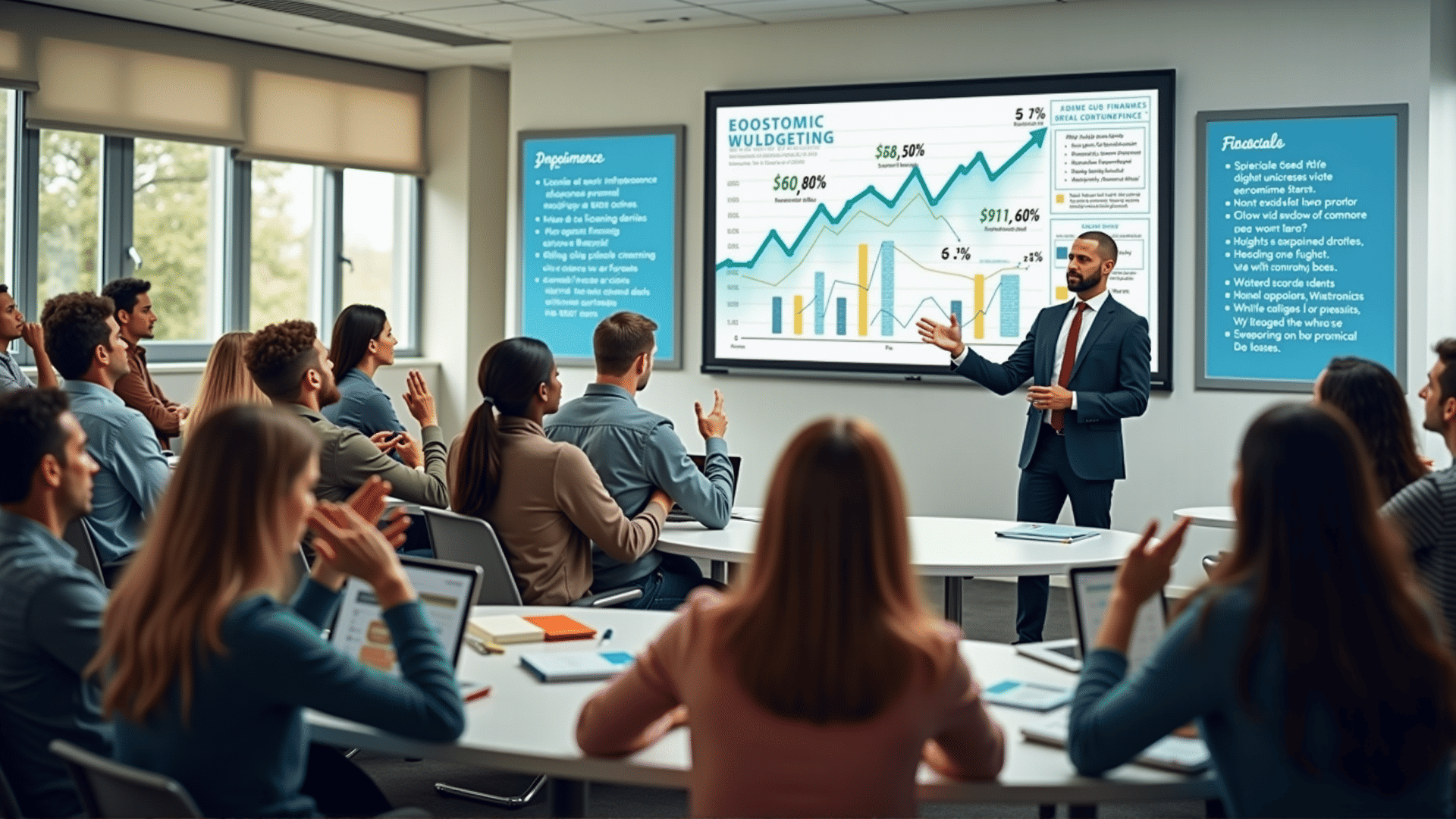Becoming aware of economic concepts is crucial for personal development and achieving independence. Understanding these principles helps individuals make informed choices in various aspects of life. This article explores the pathway to developing a deep understanding of economic ideas and how they can be applied to everyday decisions.
The journey starts with education. Familiarize yourself with basic economic terms and theories. Fundamental concepts such as supply and demand, inflation, and the role of central banks lay the groundwork for further exploration. Many online resources, libraries, and educational platforms offer accessible materials to begin this educational journey.
Once the basics are grasped, it's beneficial to apply these concepts to real-world scenarios. Observe how changes in market dynamics impact prices and availability of goods and services. Relating theoretical knowledge to tangible examples enhances understanding and retention. Analyzing case studies of economic events can provide insights into how and why such occurrences happen, further solidifying your knowledge.
Keeping abreast of current events is another critical step. Economic news often reflects wider trends and changes. Following reputable sources can provide context for global economic shifts. Discussion forums and community groups can also be valuable for sharing insights and debating interpretations, leading to a deeper grasp of complex topics.
It's equally important to improve decision-making skills. Practice evaluating choices based on their economic impact. Consider factors like opportunity costs—the benefits you miss out on when choosing one option over another—and risk. Developing a mindset that weighs options with an economic lens helps in making reasoned decisions.
Connecting with others who share a passion for economic inquiry can be greatly beneficial. Joining clubs, attending seminars, or participating in workshops fosters a community of learning. Engaging conversations and shared knowledge often lead to new perspectives and a broadened understanding.
To further advance your journey, consider delving into specialized areas of interest. Topics like environmental economics, digital economies, or socio-economic policies can offer deeper understanding and relevance to today's world. Specialization can lead to a rich and rewarding engagement with economic thought.
Lastly, self-reflection on your progress and challenges is essential. Consider keeping a journal to track learning objectives, achievements, and areas that require further study. Reflecting on mistakes and successes is an invaluable method for consolidating learning and identifying future goals.
The path to economic awareness is ongoing and dynamic. Consistent learning and application of concepts empower individuals, providing the tools to navigate personal and professional landscapes effectively. As you deepen your understanding, the ability to make informed, strategic choices becomes an integral part of your development, leading to a fulfilling and independent life.
